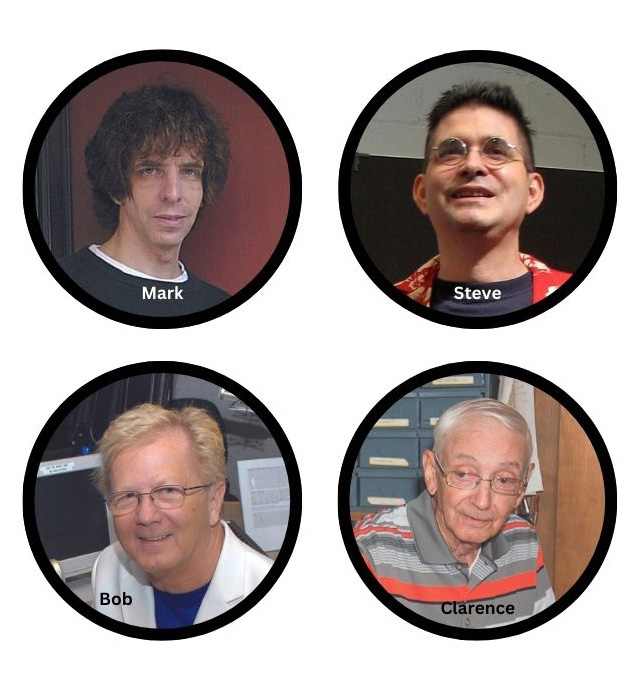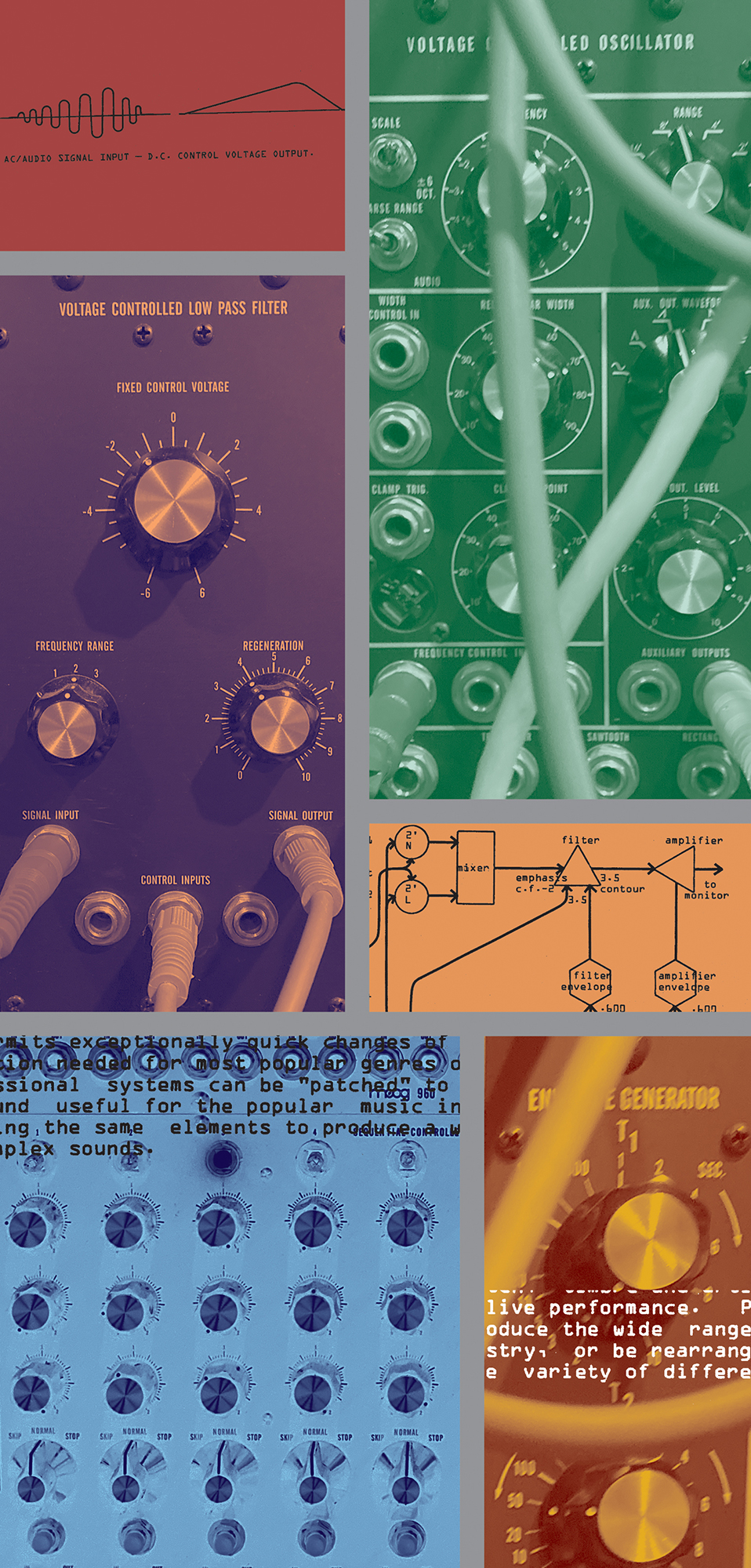
It's no secret that ever since the internet took over our lives that we live in an "I want it now" culture. That is the opposite of how I started recording music and running a studio. It was 30-plus years ago when I began a quest to finally learn recording. As an artist in a band, I'd made four albums with other people producing and engineering (including John Baccigaluppi, my partner in Tape Op). While setting a mic preamp level, using a compressor, or figuring out how to route the inputs and outputs of a tape deck to a console were things I grasped the concepts of, I had no idea how others did these things or what the "right" way was to do them. Sure, I wanted simple and quick answers, but I never got them. As I've stated before, I would go to the library for "recording" books, buy magazines at local bookstores, and hope to find answers. I would read a whole book about microphones, yet I'd still be looking for information on techniques. It might not be what some of you want to hear, but the reality is that amassing this knowledge took a lot of time and effort.
I had a tape deck, a small mixer, and a few mics. I'd record my band and keep trying different mics on the sources. When friends began trusting me to track them in my basement, I had to get better fast. I made a lot of mistakes – I accidentally recorded over a few good takes or bumped against the tape flange during an overdub – but I slowly got better at my craft.
I was struggling to make recordings of the quality I wanted, but I still worked at my non-studio job. It wasn't until I quit my job, moved my home studio out of the house, rented a space, and worked non-stop in Jackpot! Recording Studio that everything started making far more sense and it finally became easier to get the sounds that I wanted. The key was to be constantly applying myself to the recording process, and always trying to get better. Something I still practice, decades later.
The journey taken to acquire the knowledge you need is very important, and it won't happen overnight. Maybe we can't "have it now," but we can make the time to learn, and that is the most critical of all the steps towards making better recordings.

